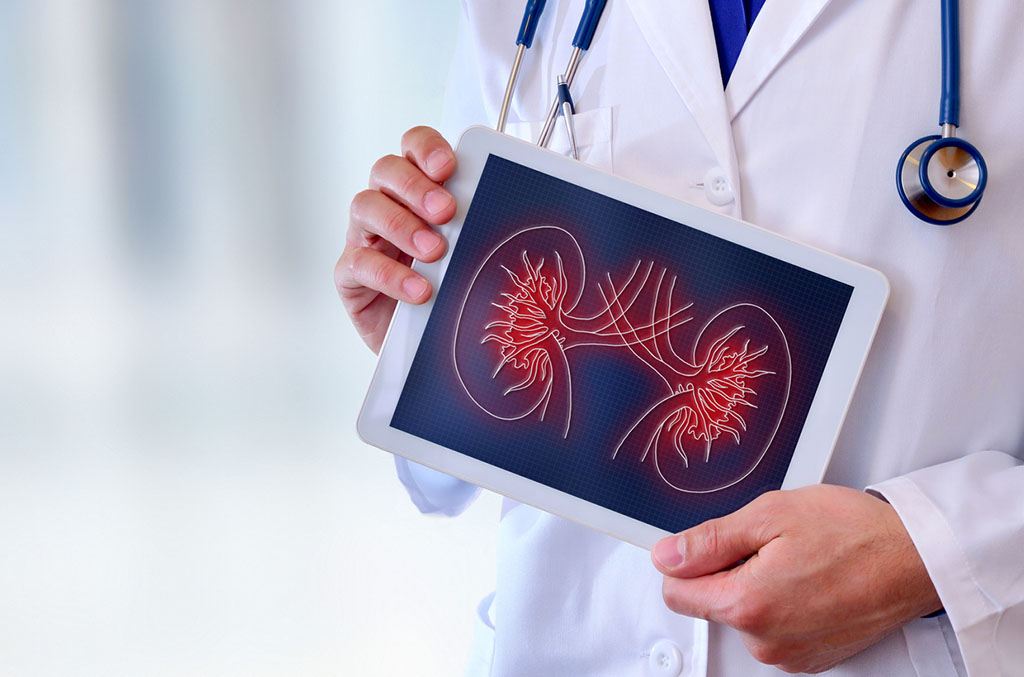Nephrology
Nephrology
IgA nephropathy (IgAN), also known as Berger’s disease, is a kidney disease that occurs when an antibody, or disease-fighting protein, known as immunoglobulin A (IgA) builds up in the kidneys and causes inflammation. The kidneys filter waste and excess water from blood to produce urine. When IgA deposits in the kidney and leaks out of the filtering system, it causes inflammation and scarring, which can lead to kidney damage and even kidney failure. IgAN is one of the most common forms of glomerulonephritis (kidney disease) worldwide. The cause of IgAN is unknown, although an autoimmune reaction (where the body attacks its own tissues) has been proposed.
The National Kidney Foundation states that IgA nephropathy often occurs in people between 20 and 40 years old who are otherwise healthy. Risk factors for developing IgAN include having high blood pressure or diabetes, a family history of IgAN, and having had a kidney transplant. Other rarer risk factors include infections by bacteria such as “Mycoplasma pneumoniae”, viruses such as polio and rubella, and drugs such as penicillin and methicillin.


The symptoms of IgAN range from none or very mild to severe or even end stage kidney failure. The symptoms of IgAN include:
IgAN is diagnosed by a series of blood and urine tests that measure the amounts of protein and creatinine in the body fluids. There are no specific lab tests for IgAN, so your doctor might also recommend imaging and/or an examination of the kidneys to diagnose IgAN.
Patients with IgAN often have very high levels of protein in the urine. A dipstick test for protein can be done on a “spot” urine sample collected from an early morning void. If the dipstick result is “+”, this is called microalbuminuria and if it’s strongly positive, it is called macroalbuminuria. Patients with IgAN typically have a significantly higher “albumin/creatinine ratio” in the urine, or ACR. A test named a 24 hour urine collection is drawn to measure how much protein someone is making and losing each day, which will also be elevated in the patient with IgAN.
Royal research is looking for volunteers to take part in a trial testing an experimental new medicine to see if it can treat IgAN. In a clinical trial in China, this experimental novel medication showed promise in treating IgAN by lowering urine protein levels. More clinical evidence is needed, however, to fully assess Telitacicept’s efficacy and safety in IgAN patients.
SEND US A MESSAGE
Frequently Asked Questions.
Nephrology is the study of the kidney and diseases that affect them. This includes management of renal replacement therapy (dialysis and transplantation), systemic diseases that affect the kidney (such as diabetes and hypertension) as well as autoimmune diseases (such as Lupus).
Patients may notice some of the following: tiredness and less energy; trouble concentrating; poor appetite; trouble sleeping; muscle cramping at night; swollen feet and ankles; puffiness around the eyes especially in the morning; dry, itchy skin; and frequent urination, especially at night.
